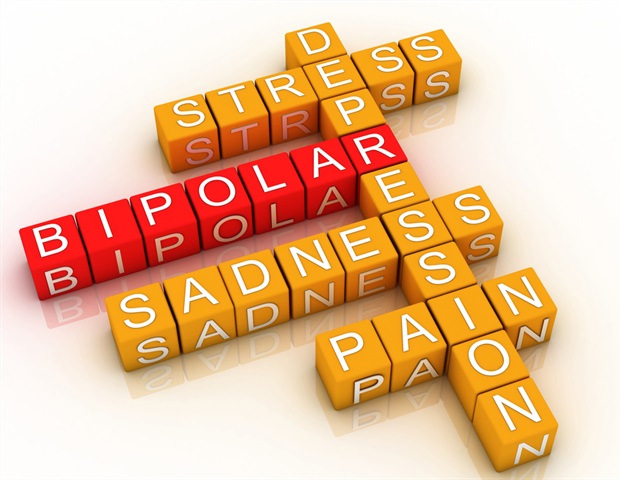Momentary shifts in mood, even those lasting just a matter of seconds, profoundly alter the brain's response to pleasurable experiences in people with bipolar disorder, finds a new study by UCL researchers. Previous research shows that mood can make us experience events in more positive or negative light – irrespective of having bipolar disorder. When we are in a good mood, we are drawn to viewing things more favourably – causing the good mood to rollover and gain momentum.
Equally, when we are upset we get drawn into perceiving bad outcomes as even worse, causing us to remain upset or get even more upset. This "momentum" in mood can bias how we perceive events and the decisions we make. Co-lead author, Dr Liam Mason (UCL Psychology & Language Sciences) said: "Imagine going to a new restaurant for the first time.

If you happen to be in a fantastic mood, you're likely to perceive the experience as being even better than it actually is." However, the new study published in Biological Psychiatry Global Open Science , found that people with bipolar disorder are more prone to this mood bias. The researchers have also discovered the connections in the brain that drive this mood bias effect.
For the new study, the researchers investigated what happens in the brains of people with bipolar disorder while playing a computerized Roulette game in which they experienced good and bad outcomes. The researchers used a technique called functional Magnetic Resonance Imaging (fMRI) to scan .























